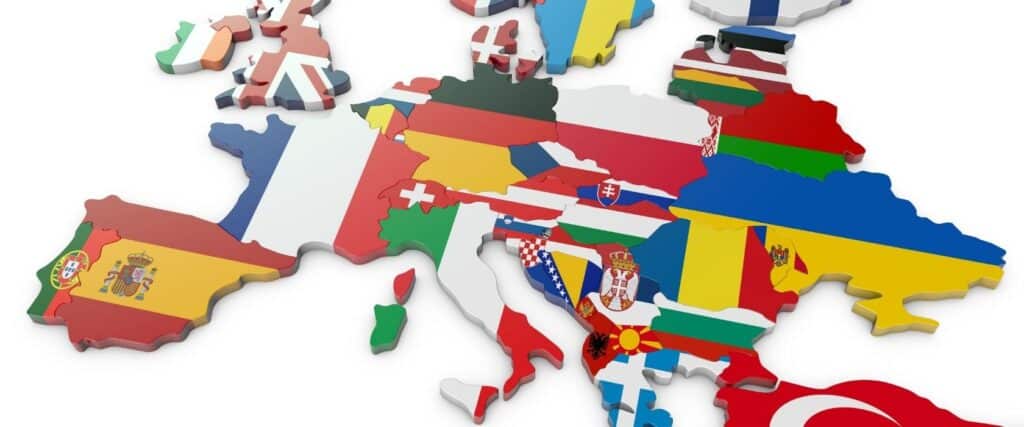Why study a master’s in Canada
Are you thinking about studying a master’s in Canada? With a unique learning culture, diverse communities, and lots of post-graduate career opportunities, Canada is one of the best places to study. Here’s everything you need to know about studying in Canada from three admissions experts at top-ranked Canadian institutions.






